The barrier to the ‘resort’ was shut when we arrived but our interpreter told the guard that we were indeed going to the Tasik Chini Resort – the only place one can go after passing through the gate. After deliberation, he let us proceed.
The receptionist indicated that tonight we had two rooms rather than the one room we had booked, having asked for two extra beds in the room for the children. One room had a twin bed and a mattress, and the other a single bed, but she said she would sort it all tomorrow. We paid in full after debating three or four times what the actual price was for the stay; a kind of mental gymnastics that pulls the mathematical body into contorted shapes only vaguely resembling the original anatomy from whence it came.
The rooms: interesting that the room with the twin beds and a ‘mattress’ was exactly that; no sheets or blankets just the mattress. The other room, however, looked more promising at first sight. There were in fact two beds there not one. OK, so the toilet ballcock was gone and water was constantly overflowing from the cistern onto the bathroom floor, but TWO beds!
So, we divided the children, given they didn’t want to sleep without an adult, sprayed the rooms with insecticide and prepared for the night. It was then that I (Jonathan) looked at the two beds and saw that whilst one was fine, the second was covered by dead, dying and some struggling ants and assorted insects; and the toilet was still dripping, resonant off the hollow dampness of Derbyshire’s Blue John mines! That bed couldn’t be slept in as I then preceded to spray it.
So, back to plan A with me (Sara) and one of the girls in the bed and one on the mattress. But, just a minute, there’s a mattress but no covers or pillow. No that’s not going to work so three in a bed it is, with some topping and tailing, and me back to the bed in the other room keeping the insects at bay and drowning the noise of the leaking cistern by air conditioning that’s making everything too cold and dry.
Fieldwork is, of course, meant to be a little uncomfortable and sometimes evocative of van Gennep’s ‘rite of passage’, a gaining of one’s socio-anthropological spurs! However, we are staying at what purports to be the premier resort for Tasik Chini. This is important because, until 2004 – (and here I (Jonathan) had to stop writing for a while to scratch that itch that turned out to be a troop of ants seeking solace in my bed) – in 2004 eco- and ethno-tourism (although somewhat contested) was seen as an important means of securing the economy of the area. It seems now, a decade on, that this resort finds anyone staying a rather irritating yet bizarre intrusion into a life that happily runs purposelessly for itself, except for weekend weddings, or as a place for the army cadets to stay and practice manoeuvres through the night. (Manoeuvres punctuated by eerie whistles, commands and shouts!) And, rather perversely, it seems that staff cannot get a single order right, no matter how small or precisely articulated it is: kopi ice O kosong (black iced coffee, without sugar) usually has milk and sugar in it; roti bakar (toast), if it comes at all, takes longer (much longer) than nasi goreng (fried rice)!
It also seems to evoke, more seriously, something that mimics the tragedy happening to the lake in bio-environmental terms and, from a human perspective, to the Orang Asli people living around the lake. It is an intrusion into the ill-thought plans of others or an encumbrance to manage that imposes rather than seeks dialogue!
And still the dripping cistern spits! (Should have consulted ‘Tripadvisor’ first http://www.tripadvisor.com.my/Hotel_Review-g298291-d2213723-Reviews-Lake_Chini_Resort-Pahang.html!)
Jonathan Parker & Sara Ashencaen Crabtree




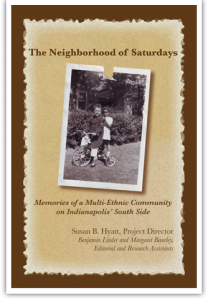
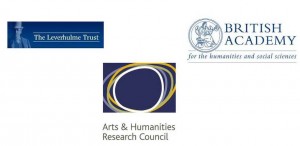
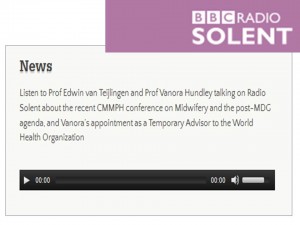
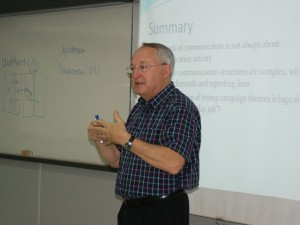



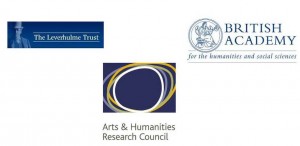


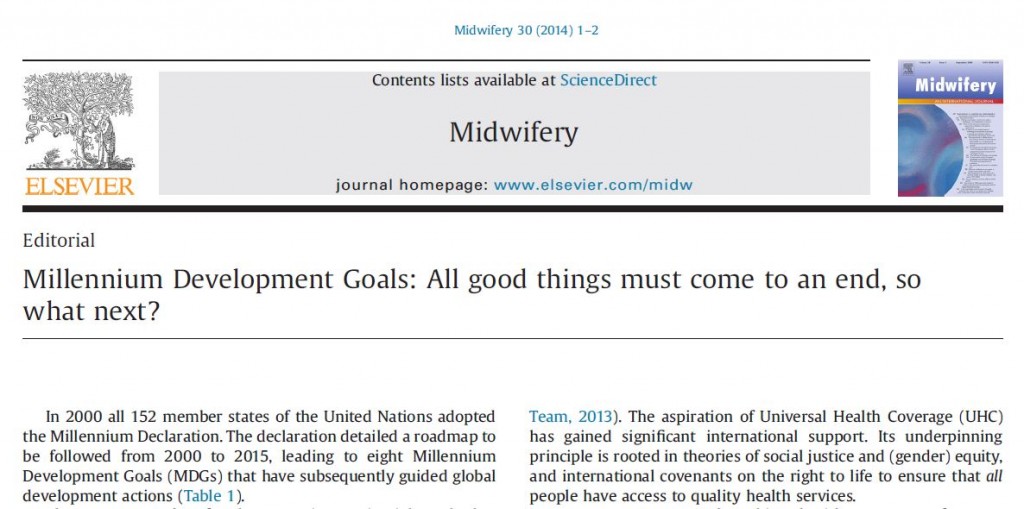
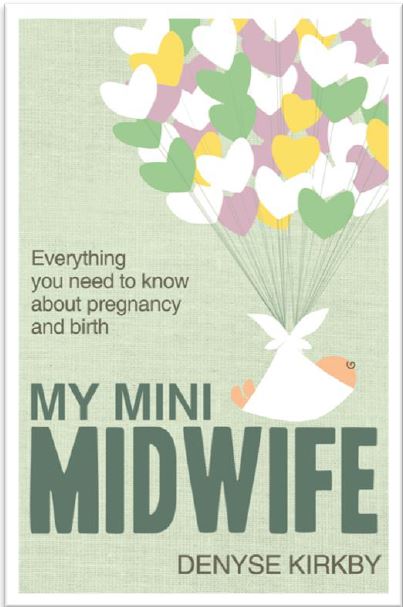












 From Sustainable Research to Sustainable Research Lives: Reflections from the SPROUT Network Event
From Sustainable Research to Sustainable Research Lives: Reflections from the SPROUT Network Event REF Code of Practice consultation is open!
REF Code of Practice consultation is open! BU Leads AI-Driven Work Package in EU Horizon SUSHEAS Project
BU Leads AI-Driven Work Package in EU Horizon SUSHEAS Project ECR Funding Open Call: Research Culture & Community Grant – Apply now
ECR Funding Open Call: Research Culture & Community Grant – Apply now ECR Funding Open Call: Research Culture & Community Grant – Application Deadline Friday 12 December
ECR Funding Open Call: Research Culture & Community Grant – Application Deadline Friday 12 December MSCA Postdoctoral Fellowships 2025 Call
MSCA Postdoctoral Fellowships 2025 Call ERC Advanced Grant 2025 Webinar
ERC Advanced Grant 2025 Webinar Update on UKRO services
Update on UKRO services European research project exploring use of ‘virtual twins’ to better manage metabolic associated fatty liver disease
European research project exploring use of ‘virtual twins’ to better manage metabolic associated fatty liver disease